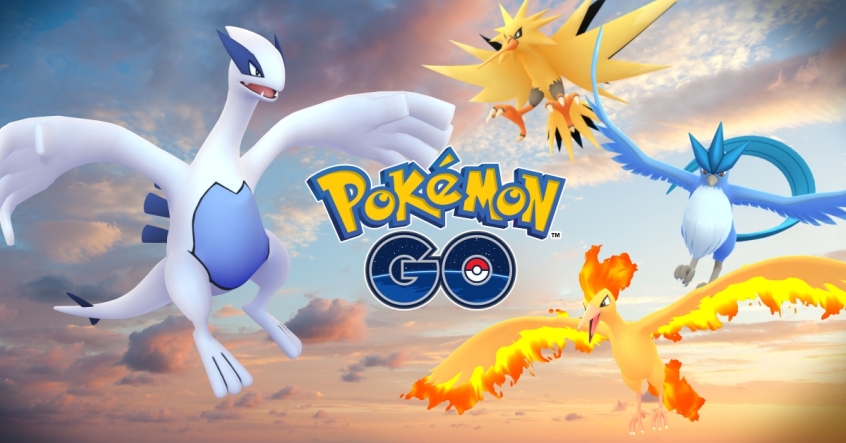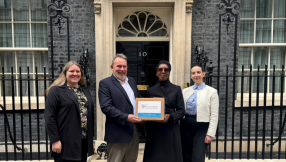
Attendees of the "Pokemon Go Fest" are filing a class-action suit against game developer Niantic, seeking travel reimbursement following last weekend's debacle in Chicago, where participants encountered various connectivity problems that prevented them from playing the game.
The suit was filed in Cook County Circuit Court by attendee Jonathan Norton, who traveled from California for the event. Chicago-based lawyer Thomas Zimmerman, who represents Norton, said that 20 or 30 others have joined the class-action suit.
The suit alleges that Niantic failed to account for the number of participants as well as the technical problems that were encountered, leading to gamers being unable to play the game as the company's advertising had led them to anticipate.
The festival, which is a part of the anniversary celebration of "Pokemon Go," saw around 20,000 Pokemon fans come together to catch rare Pokemon and participate in events that require teamwork in order to succeed. The event was supposed to end in a grand battle against a legendary Pokemon, which attendees have to defeat in order for it to be unlocked worldwide.
At the day of the festival, participants had to wait in line for hours before being able to enter the venue. Once inside, they found that there were connectivity and server issues that prevented the game from launching.
Hours into the event, Niantic offered refunds for the attendees' tickets, which originally cost $20. They also gave $100 worth of in-game currency to the participants, and gave them the promised legendary Pokemon.
However, for people like Norton, who traveled to the area in order to attend the event, the expenses were much greater.
"Niantic is not offering to refund people's travel expenses for coming to Chicago," Zimmerman told Polygon, adding, "Most of the people came from out of state, many people from other countries — I talked to someone who flew in from Japan."
"The issue is, what was promised, what was the incentive that people relied on and the representations that people relied on to buy a ticket and make travel plans and fly to Chicago to participate in this festival, would they have done that had they known that that was not going to be lived up to and they weren't going to get the experience that was represented?" Zimmerman added.
When asked to comment on the lawsuit, a Niantic representative said the company does not comment on pending legal matters.













